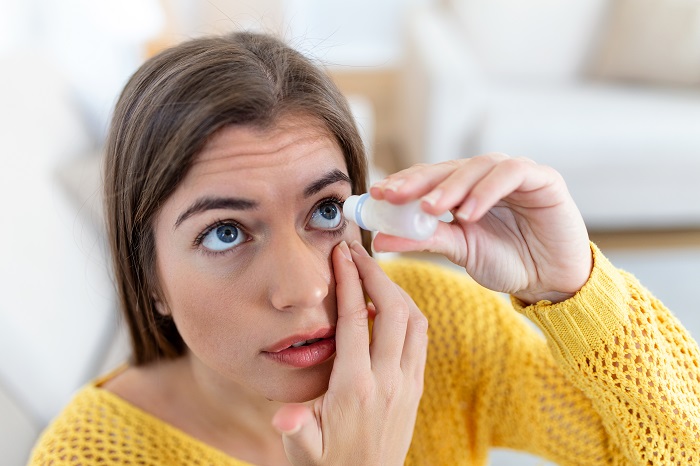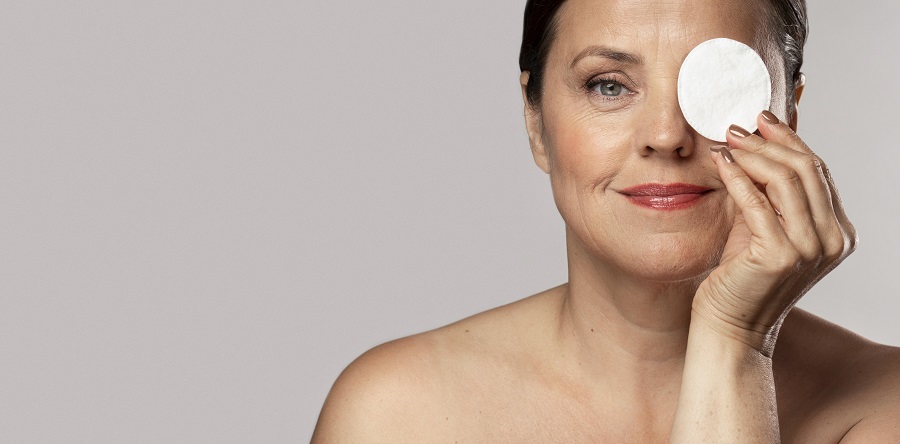Today, many people face the risk of dry eye due to intensive screen use, environmental factors and lifestyle habits. Dry eye syndrome, which occurs when the eyes do not produce enough tears or tears evaporate quickly, can negatively affect daily life with the discomfort it creates. It is also important not to forget the vision impairment that may occur in the later stages. Fortunately, there are many effective treatments to prevent or alleviate dry eye. Aside from treatments, there are some additional precautions people can take to minimize the risk of dry eye. In this article, we will discuss in detail the measures that can be taken to prevent dry eye.
Reduce Screen Use as Much as Possible

Eye Resting Techniques
Staring at a computer, phone or television screen for a long time can cause dry eyes. We are also adding the content we have shared on this subject before. Due to this effect of screens on the eyes, it may be useful to apply the 20-20-20 rule if you are in front of the screen for a long time.
In this rule, looking at an object 20 feet (about 6 meters) away for 20 seconds every 20 minutes allows the eyes to rest. In a way, you take your eyes out of the screen focus and relax them. Remember to repeat this often.
Adjust Screen Position
Having screens slightly below eye level helps to open the eyes less and reduce the evaporation of tears. Adjusting the brightness of the screen to the ambient light can also reduce eye strain. Using technologies such as blue light filters, especially at night, can also be an effective measure.
Optimizing Ambient Conditions

Use of Moisturizers
Dry air is a factor that can increase dry eyes (see our previous article on the relationship between climate and dry eyes here). Increasing air humidity by using a humidifier at home or in the office can help keep eyes moisturized.
Reduce Air Flow
Fans or air conditioners blowing directly into your face can cause rapid evaporation of tears. It is important to direct the airflow of such devices away from the eyes.
Paying Attention to Eye Care is Very Important

Use Artificial Tears and Eye Drops
Artificial tears and eye drops sold in pharmacies can help keep the eyes moist. These products are especially useful for people who experience dry eyes during the day. It is important to remember that the doctor’s advice is very important here. Always consult your specialist doctor for the support drops to be used.
Pay Attention to the Cleanliness of the Eyes and Eye Contour
Keeping the edges of the eyelids clean can prevent blocked tear glands.
Pay Attention to Nutrition and Water Consumption

Omega-3 Fatty Acids
Omega-3 fatty acids are very beneficial for eye health. Consuming omega-3-rich foods such as fish, flaxseed and walnuts can increase tear production.
Adequate Water Consumption
The overall hydration of the body directly affects eye health. Drinking at least 8 glasses of water a day keeps the eyes sufficiently moist.
Have Regular Eye Examinations
If dry eye symptoms persist or worsen, it is important to consult an ophthalmologist. The doctor can assess the condition of the eyes and recommend appropriate treatment. If necessary, additional treatments such as cleaning the base of the eyelashes or removing blockages in the meibomian glands may be used.
Dry eye syndrome is a common problem that can negatively affect quality of life. However, it is possible to prevent this condition with the methods mentioned above and lifestyle changes.
Reducing screen use, improving environmental conditions, regular eye care, proper nutrition and water consumption are among the most effective measures that can be taken to prevent dry eye.

